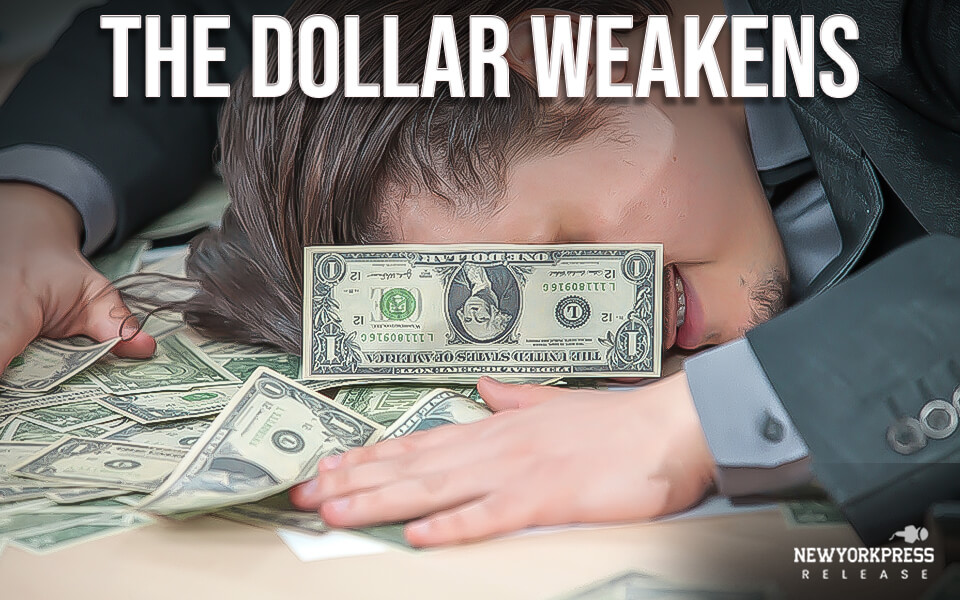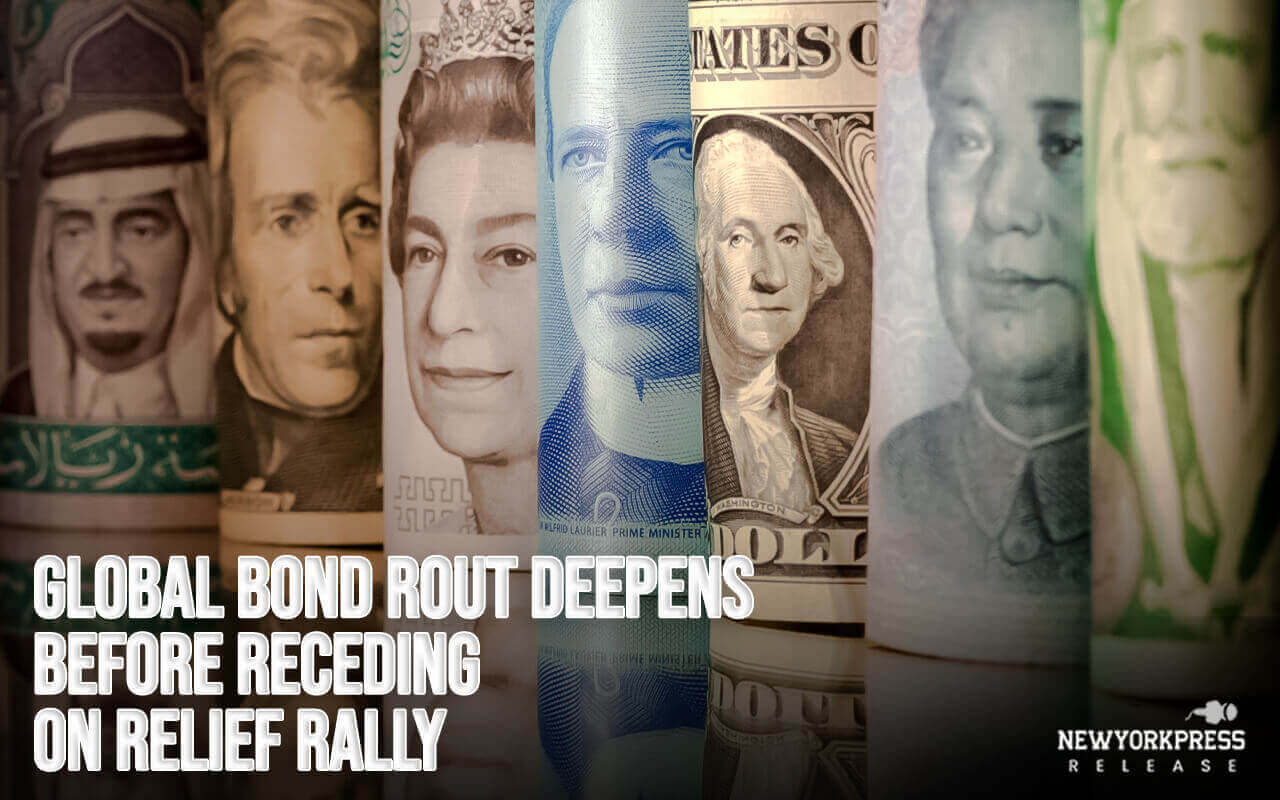The U.S. dollar slipped on Tuesday against a majority of major currencies but did not stray away from a two-month peak after an agreement over the U.S. debt ceiling lifted risk sentiment, although the deal could face resistance in the Congress.
The dollar index, which estimates the U.S. currency against six major peers, plummeted 0.125% to 104.17, dropping from the two-month high of 104.42 it reached on Friday. The index is expected to finish the month up 2.5%.
A handful of hard-right Republican senators declared on Monday that they would not support a deal to raise the $31.4 trillion debt ceiling for the United States.
The opposition mentioned the obstacles that Democratic President Joe Biden and top congressional Republican Kevin McCarthy will experience in order to pass the bill through the Republican-controlled House of Representatives and Democratic-controlled Senate before the limit is attained, probably by next Monday.
Marc Chandler, chief market strategist at Bannockburn Global Forex in New York said, “It is as if the two political parties in the U.S. are playing a game of chicken and daring the other side to capitulate.”
“Still, a higher debt ceiling and some reduction in spending in the FY24 budget are the middle ground.”
The 99-page bill would put off the debt limit through Januaryexpenditures 1, 2025, letting lawmakers put aside the politically risky issue until after the November 2024 presidential election. It would also restrict some government expenditure over the next two years.
U.S. Secretary Janet Yellen stated on Friday that the government would default if Congress did not raise the debt ceiling by June 5. She had previously mentioned that the default could happen as early as June 1.
Carol Kong, currency strategist at Commonwealth Bank of Australia, stated the ambiguity around a U.S. government default would probably remain until Congress passes the deal into law.
“Outside of any volatility generated by the debt ceiling issues, expectations for Fed rate hikes are likely to keep the dollar bid in the near term.”
According to the CME FedWatch tool, markets are pricing in a 60% possibility of a 25 basis-point raise in June, up from a 26% chance a week ago.
Longer-dated U.S. Treasuries rose in Asia on Tuesday as a result of the debt ceiling agreement.
Benchmark 10-year gains fell 6 basis points at the beginning of trade in Tokyo to 3.7596%. Thirty-year gains dropped 5.5 bps to 3.9207%. An upsurge in bond prices causes gains to drop.
Meanwhile,the euro rose 0.09% to $1.0715, while the pound was last trading at $1.2365, climbing 0.11% on the day.
The yen grew 0.28% to 140.06 for every dollar, reaching a six-month low of 140.91 per dollar on Monday.
According to CBA’s Kong, the yen is being pulled down by hope that the US will avoid a default, while a further significant rise in the dollar or yen may spark intervention from Japanese authorities.
“If the rhetoric from Japanese officials ramps up, (the yen) could suddenly strengthen in coming weeks. Until then, higher U.S. Treasury yields and weak expectations for BoJ tightening can push USD/JPY higher.”
The Australian dollar soared by 0.14% to $0.655, while the New Zealand dollar climbed by 0.08% to $0.606.
The Turkish currency fell further, reaching a record low of 20.16 per dollar after President Tayyip Erdogan won the country’s presidential election on Sunday.




